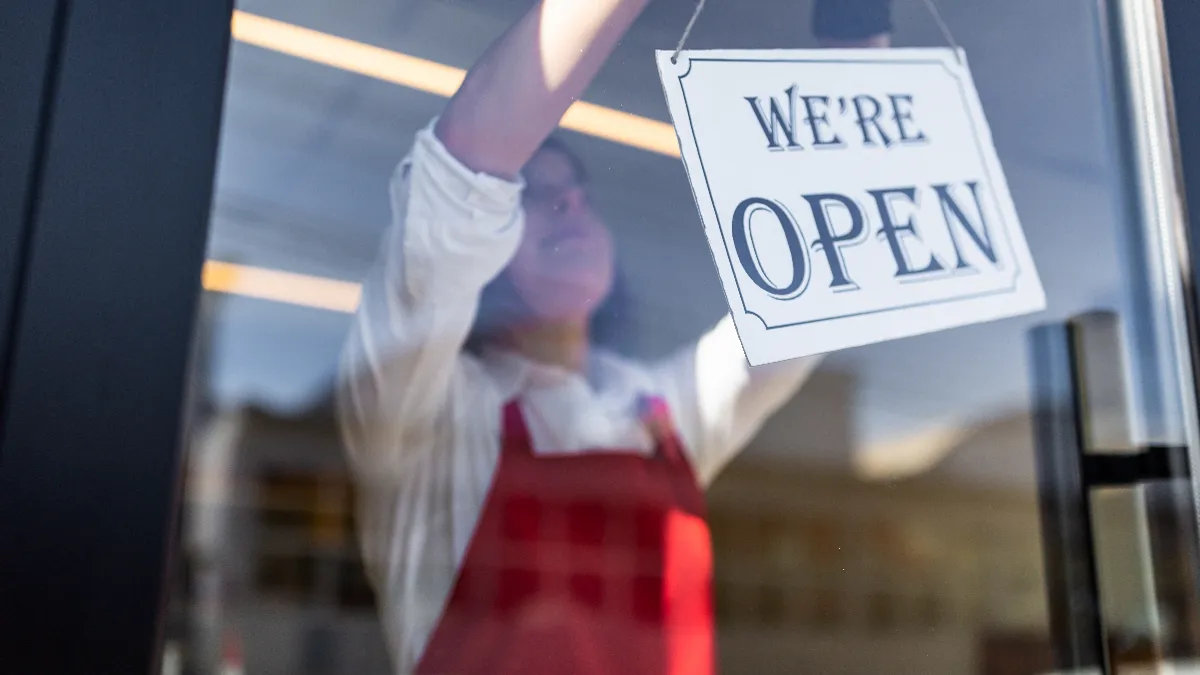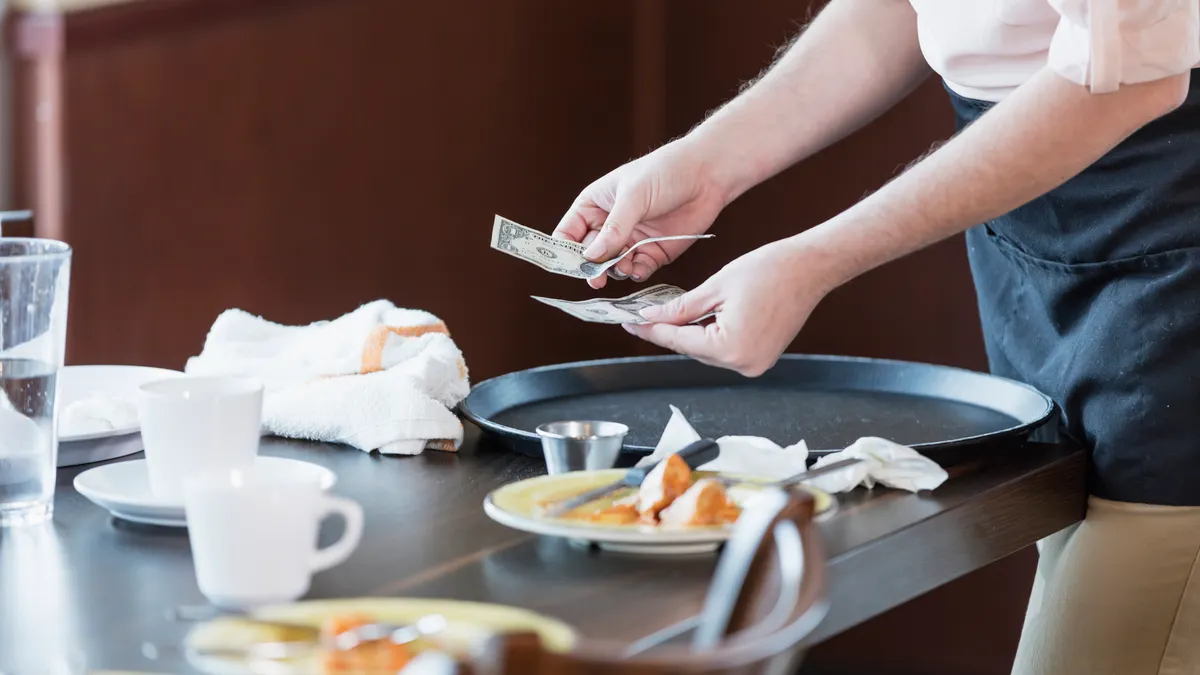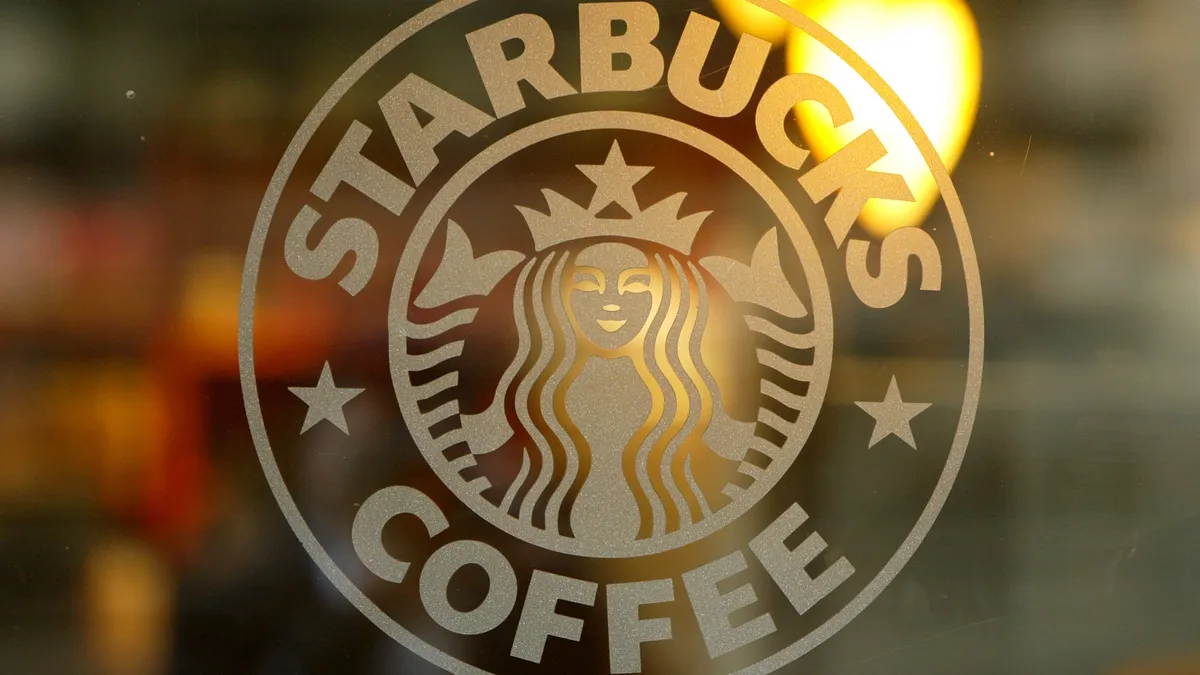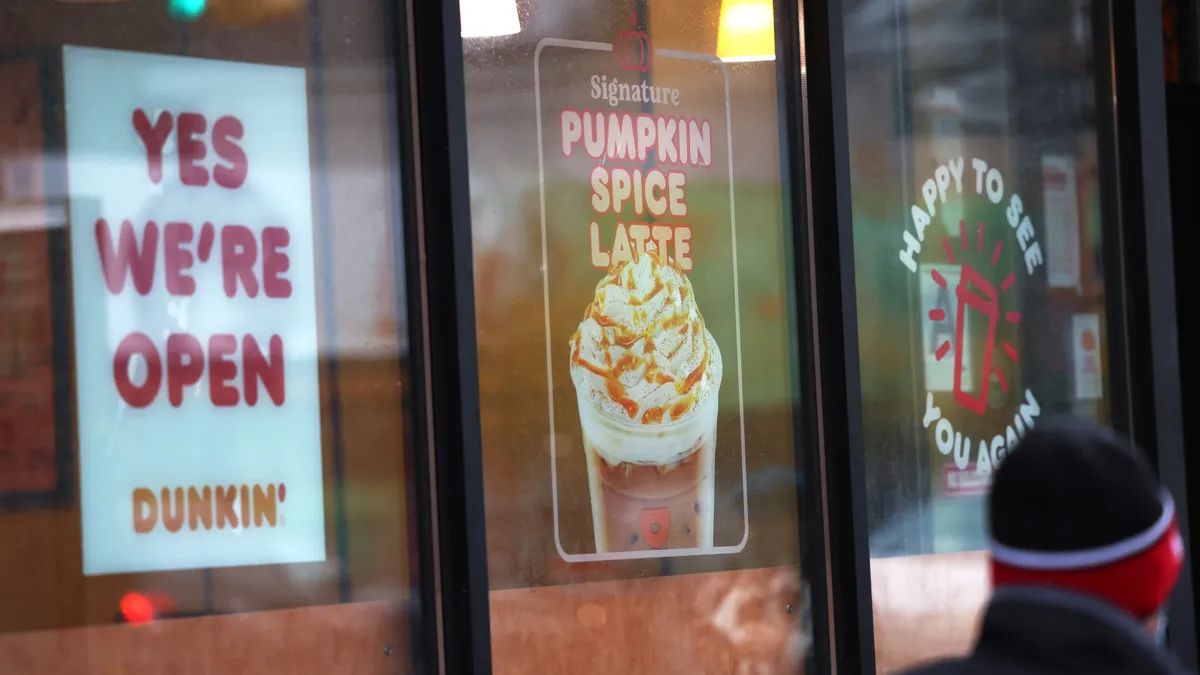The House of Representatives on Thursday passed The Relief for Restaurants and Other Hard Hit Small Businesses Act of 2022 (H.R. 3807), which would inject $42 billion into The Restaurant Revitalization Fund. The bill, which will soon face the Senate, would also allocate $13 billion for other businesses with less than 200 employees that were hurt by the pandemic environment.
If H.R. 3807 passes the Senate, the 177,000 restaurants that were approved for RRF grants but did not receive funding before the portal closed are already in a queue to receive grants, legislators said on a media call hosted by the Independent Restaurant Coalition on Thursday afternoon. These applicants, which the National Restaurant Association reports represent 20% of U.S. restaurants, will be asked by the SBA to sign a form confirming their businesses are either open or will reopen in the next sixth months. No additional application requirements will be necessary.
Rep. Earl Blumenauer (D-OR), who first introduced H.R. 3807 in June 2021, clarified that a portion of the $13 billion reserved for small businesses will be available for new restaurant applicants.
The IRC is hopeful that the bill will be debated in the Senate shortly, when senators reconvene in two weeks after the body's recess. Senate Majority Leader Chuck Schumer (D-NY) told the IRC he would bring the bill to the Senate floor for a standalone vote, chef and IRC co-founder Tom Colicchio said on the call.
IRC members were encouraged by the House's bipartisan support for H.R. 3807 — six Republican representatives voted to pass the bill, according to speakers on the call. But Rep. Dean Phillips (D-MN) warned that it will be more difficult to pass the legislation in the Senate.
"The Senate has not been amenable to this. We have got to find some Republican support and work with those who are like-minded to push this through," Phillips said on the call.
A similar bill, which would allocate $40 billion in funding to the RRF, however, was also introduced to the Senate by Sen. Benjamin Cardin (D-MD) on Tuesday. This legislation includes stricter auditing requirements for restaurant grants to prevent fraud, along with new transparency stipulations to ensure the Small Business Administration shares grant information.
Restaurants, legislators urge quick action from Congress
The House's passage of H.R. 3807 marks the first major step toward a refill of RRF since the fund closed in May 2021. The IRC and NRA celebrated this victory for the restaurant industry.
IRC Executive Director Erika Polmar said on the media call that there is still much work to be done to ensure Congress "take swift action to turn this glimmer of hope into reality." The IRC also Tweeted that the Senate should "finish the job" following the House's vote.
Blumenauer praised the restaurant group's role in moving the needle toward further restaurant support in Congress.
"I hope [the IRC] becomes a permanent part of our political landscape, dealing not just with the recovery from the pandemic, but dealing with issues of supply chain, workforce, in terms of nutrition and the Farm Bill," Blumenauer said on the call. "There's so many things we can do, working together, to strengthen independent restaurants, which are the bedrock foundation of a livable community."
Tyler Akin, chef and co-owner of three restaurants including Hotel Dupont, alongside Cheetie Kumar, who is the chef and owner of Garland in Raleigh, North Carolina, urged members of the Senate to bring the bill to the floor as soon as possible.
"The Senate does not have time to waste. They must pass this bill quickly to protect these small businesses, our local communities, and most importantly, our workers," Akin said on the call. "Our workforce is over 10 million strong. It's not just 10 million taxpayers, consumers and constituents. We're 10 million voters. And I'd like to take this opportunity to say to our senators and to the White House that we 10 million voters [will] remember what you do in the coming days and weeks."
Sean Kennedy, the NRA's executive vice president for public affairs, said in a statement that he is encouraged "the House recognizes that restaurants are still in crisis and that the need for emergency funding still exists."
"We'll continue our efforts in the Senate for Congress to complete the mission of the RRF," Kennedy said.
Grubhub also released a statement in support of an RRF refill.
"For more than two years now, local restaurants have faced soaring operating costs, labor shortages, and customer uncertainty. We now call on the Senate to quickly approve this funding, which will ensure that independent restaurants — the cornerstones of our communities — can move forward and thrive," Amy Healy, vice president of government affairs at Grubhub, said in an emailed statement.
Inflation, wage pressure could cripple restaurants without grants
More than four in 10 restaurant operators fear business conditions will deteriorate in the coming months, according to the NRA's March 2022 tracking survey, underscoring the industry's calls for fast refill action. Only 29% of operators believe business will improve in the next six months — marking the industry's most pessimistic six-month outlook in nearly two years, the association shared in an email to Restaurant Dive.
Rising inflation and labor costs are also exacerbating the struggle of restaurants which did not receive RRF funding. Average wholesale food prices increased 15.1% between Feb. 2021 and Feb. 2022, the largest 12-month jump in nearly 50 years, and average hourly earnings of non-supervisory workers at restaurants spiked 17.5% between Dec. 2020 and Dec. 2021, the largest 12-month jump on record, according to the NRA.
Further, 46% of restaurant operators that applied for RRF grants but didn't receive them report it's unlikely their businesses will survive beyond the pandemic without such a grant, per NRA research. The association also estimates that a replenishment of RRF could save more than 1.6 million restaurant jobs that are currently at risk.





















